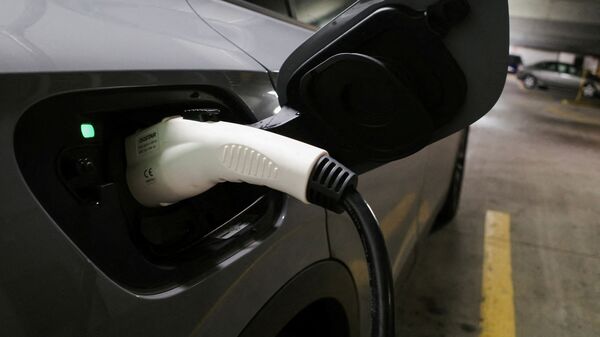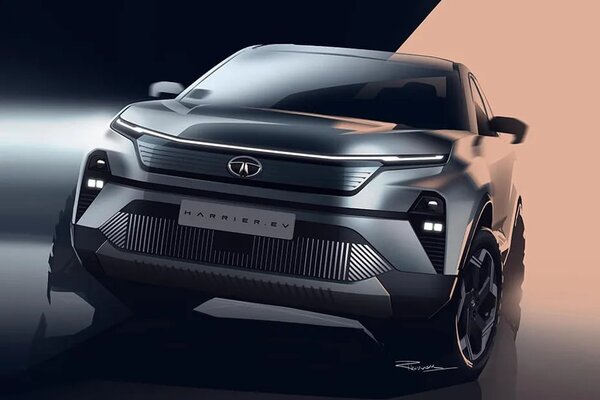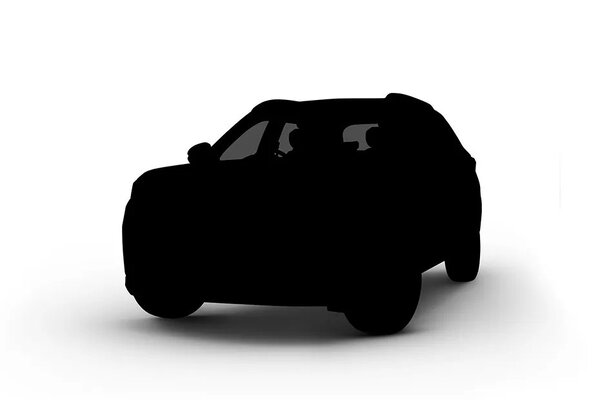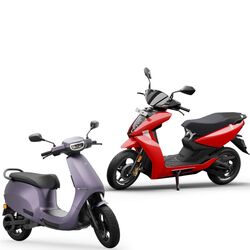EVs still continue to represent small fraction of Indian automotive market: FADA


Electric vehicles (EVs) are driving a transformation in the automobile industry, with their popularity soaring globally. In India, this trend is particularly pronounced, as evidenced by the latest data from the Federation of Automobile Dealers Associations (FADA). According to their report, electric passenger vehicle (e-PV) sales in India skyrocketed by almost 137 per cent in January compared to the same period last year. The numbers speak for themselves, with a total of 8,164 units of e-PVs sold in January 2024, compared to 3,447 units sold in January 2023.
The momentum continued on a monthly basis, with the segment recording a growth of 13.07 per cent compared to December 2023, when 7,220 units were sold. Despite these impressive figures, it's important to note that the e-PV segment still represents a small fraction of the overall passenger vehicle (PV) market. In January 2023, e-PVs accounted for just 1 per cent of total PV sales, a figure that rose to 2.1 per cent in January 2024. However, December 2023 saw a higher contribution of 2.5% to overall PV sales, indicating a somewhat negative trend in the adoption of EVs.
Also check these Vehicles
A similar trend was observed in China, where sales of new energy vehicles (NEVs) surged by 78.8 per cent year-on-year in January 2024 compared to January 2023. However, there was a 38.8 per cent decline in sales compared to December 2023, raising concerns among automakers.
Also Read : Hybrids or EV?: A major dilemma amongst global automotive players
Despite these positive developments, there are concerns about the future growth of the EV market. A report by Canalys has predicted a slowdown in EV sales in 2024, with the growth rate expected to decrease to 27.1 per cent globally. One of the key factors contributing to this slowdown is the reduction in state subsidies, which has made EVs less financially attractive to potential buyers.
To address these challenges, industry body FICCI has proposed the continuation of the FAME scheme (Faster Adoption and Manufacturing of Hybrid and Electric Vehicles) for the next five years, with a review at the end of three years. The current FAME II scheme is set to expire in March 2024. FICCI has warned that any sudden withdrawal or discontinuation of upfront price incentives could lead to a price increase of up to 25 per cent for EVs, potentially derailing the momentum of EV adoption and disrupting further investments in the sector.
Contrasting picture for e2W
While the electric passenger vehicle market grapples with uncertainty, the electric two-wheeler (e2W) market in India is experiencing a steady ascent. In January 2024, the e2W category witnessed sales of 81,608 units, marking a substantial 26.14 per cent increase compared to the same period last year, when 64,694 units were sold. The growth trajectory remained strong on a monthly basis as well, with an 8 per cent increase over December 2023, when 75,522 units were sold.
In terms of market share, e2Ws accounted for 5.1 per cent of overall two-wheeler sales in January 2023, going up to 5.2 per cent in December 2023. This trend continued to rise, reaching 5.6 per cent in January 2024, indicating a growing demand for electric two-wheelers in the Indian market.
However, the recent decision by the Centre to reduce subsidies on electric two-wheelers from 40 per cent to just 15 per cent starting next month could pose a significant challenge to the e2W market. The Society of Manufacturers of Electric Vehicles (SMEV) has expressed concerns that this decision could further slow down EV adoption in the country.
Also Read : FAME II subsidy reduction to hit EV sales in India, says manufacturers' body
Sohinder Gill, Director General of SMEV, highlighted the potential impact of the subsidy reduction, stating that it could lead to a major decline in EV adoption and have long-lasting effects on the industry. He emphasized that the e2W segment is particularly price-sensitive, and the widening gap in prices between internal combustion engine (ICE) models and EV models could negatively impact sales.
Despite these challenges, the electric two-wheeler market in India continues to show promise. As the industry navigates the changing landscape, stakeholders will need to find innovative solutions to ensure the continued growth and adoption of electric vehicles in the country.








 64.8 kWh
64.8 kWh 418 Km
418 Km


















